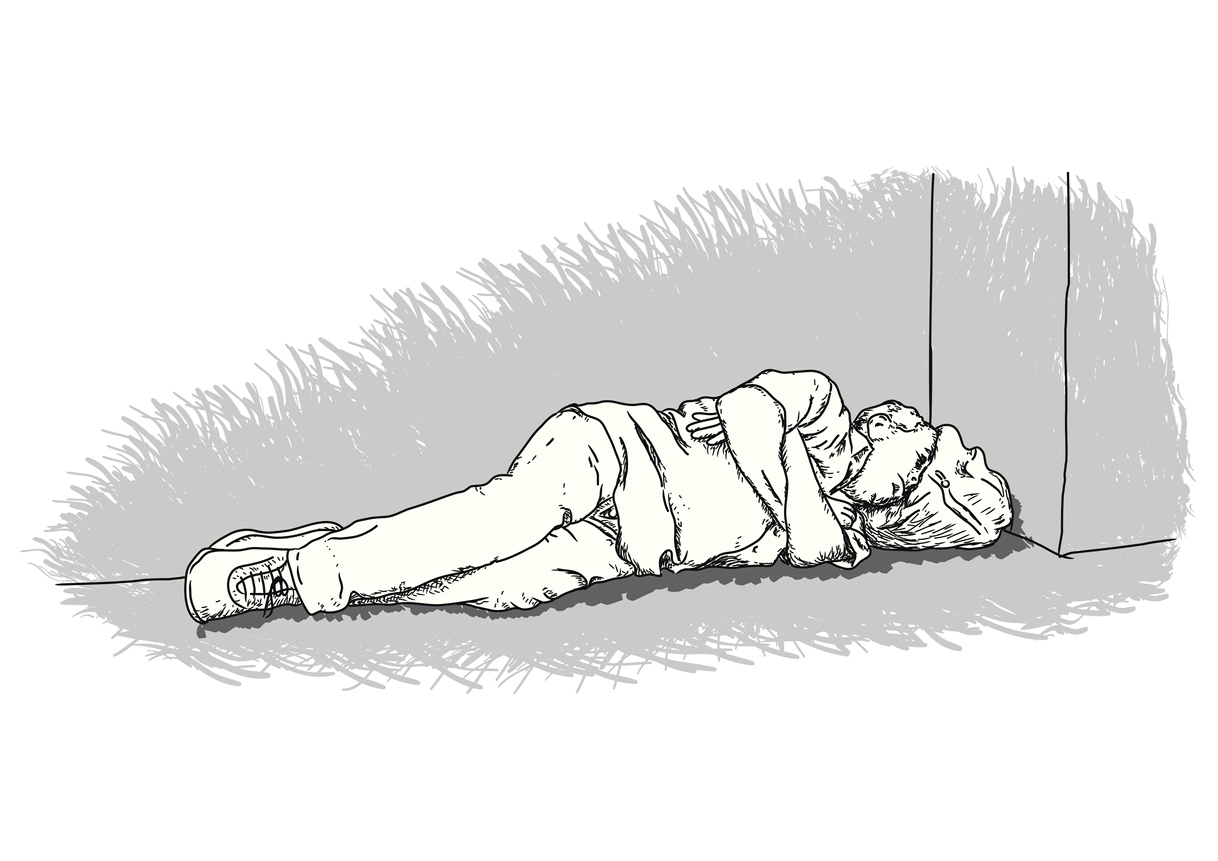Home » Uncategorised »
Will scrapping Section 21 trigger a rise in homelessness?
This article is an external press release originally published on the Landlord News website, which has now been migrated to the Just Landlords blog.

As many as 50% of Section 21 cases handled by Landlord Action, the tenant eviction company, are a result of tenants wanting to be re-housed by the council.
They believe the abolition of Section 21, and subsequent expansion of Section 8, could put thousands of tenants at greater risk of receiving a County Court Judgement (CCJ) and ending up homeless as local councils will not be obliged to re-house those with rent arrears judgements.
Landlord Action has pointed out that Section 8 cases are for mandatory two months’ rent arrears. Although it is unknown how many Section 21 cases happen as a result of rent arrears, Landlord Action says it is the number one reason landlords serve notice.
There were 22,527 accelerated possession claims issued in 2018, according to data from the Ministry of Justice. Of those accelerated possession claims under Section 21, 10,127 resulted in evictions carried out by County Court bailiffs.
Therefore, if landlords are forced to use Section 8 route in the future, thousands more tenants will have rent arrears judgements against them, rather than simply being evicted using Section 21. In addition, more tenants could find themselves with a County Court Judgement (CCJ), which will severely impact their future credit rating.
Paul Shamplina,
“If those tenants cannot get accommodation in the private rented sector and cannot be re-housed by the council, what will happen to them?”
Paul Shamplina is also concerned that the figures indicate there will be an increase in Section 8 hearings due to landlords having their alternative option of Section 21 removed.
Recently, MHCLG attended Landlord Action offices shadowing the solicitors and paralegal staff to gain a greater understanding of the possession process, and what impact reforms to Section 8 and court processes could have.
“As well as a rise in homelessness, I believe there will be many other unintended consequences following the abolition of Section 21. These will include, but not be limited to; vulnerable tenants struggling to find accommodation as landlords become more selective; a surge in Section 21 claims as landlords feel increasingly powerless and opt to exit the market.
“A shrinking private rented sector will result in further rent rises for tenants. In addition, unless anti-social behaviour is tackled within the reforms, unruly tenants will have the opportunity to remain in properties for longer causing landlords and their neighbours unnecessary stress,” adds Paul.



